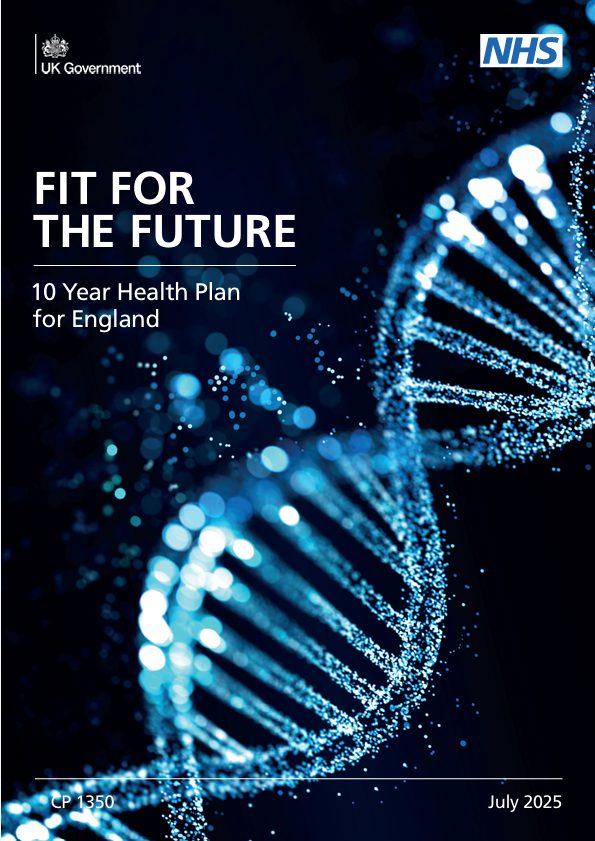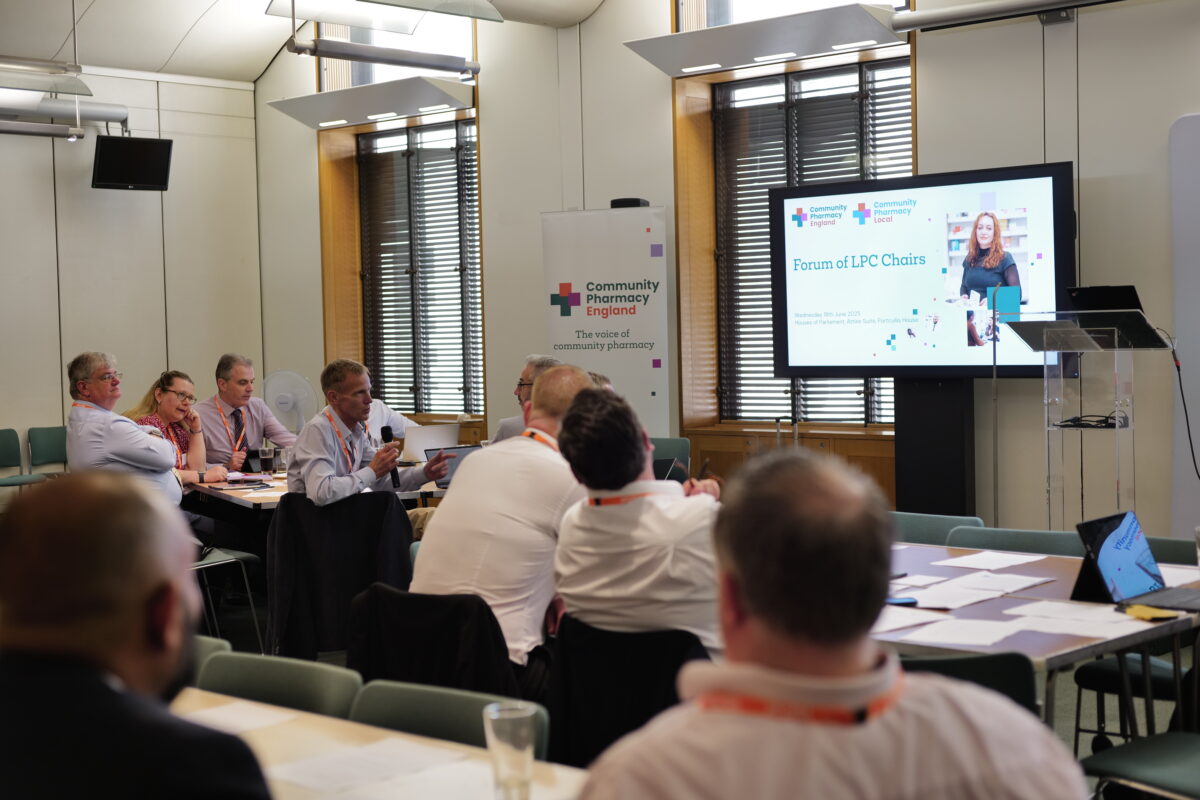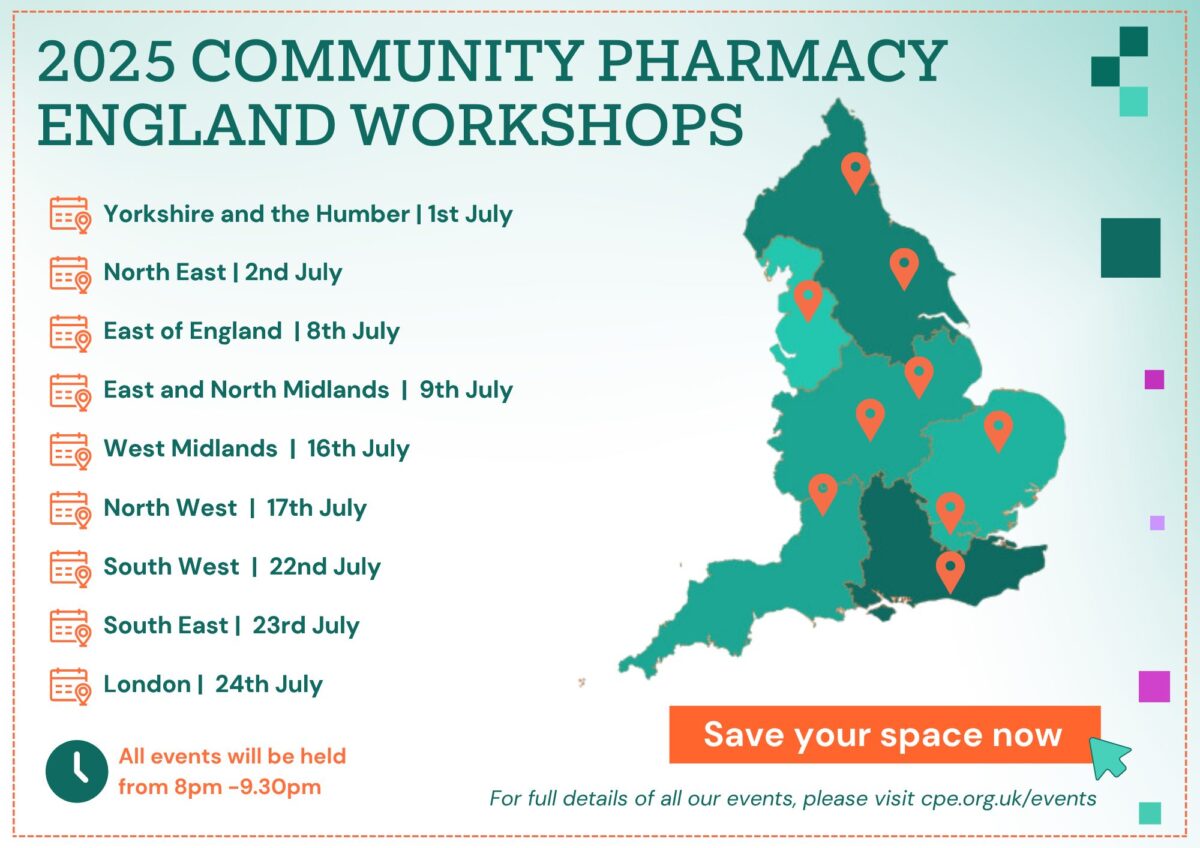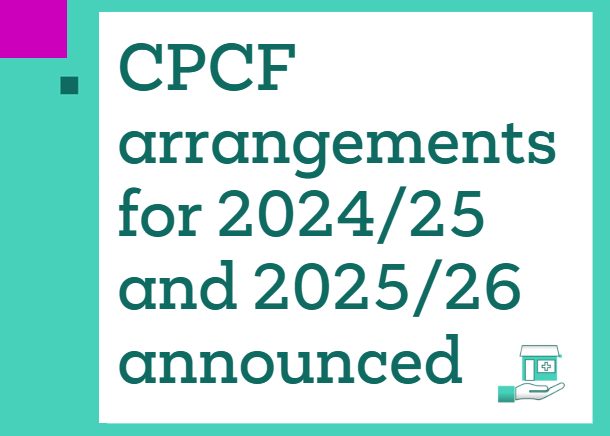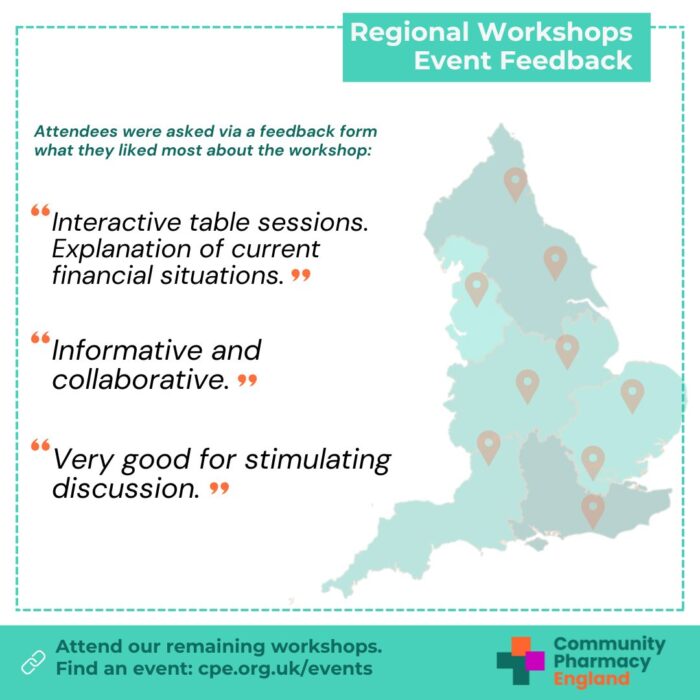Service case study: AF pilot targets patients in deprived areas
Published on: 16th January 2020 | Updated on: 28th March 2022
A pilot scheme has recently launched in Knowsley, which aims to optimise the role of community pharmacy in supporting primary care in the detection and monitoring of patients with atrial fibrillation (AF).
Background
Ongoing public health research has shown that people with cardiovascular disease living in more deprived areas are twice more likely to die prematurely than those living in the most affluent areas. In Knowsley, which sits in the 20% most deprived areas of the country, life expectancy is approximately nine years lower than the national average for males and seven years less for females.
Better management and identification of AF is needed to improve amenable mortality and reduce health inequalities in these regions. Higher than average levels of general practice exception reporting for patients with AF in this area suggest that the confidence to manage these patients is lower than optimal.
A 12-month pilot project, due to start in January 2020, will examine how community pharmacists can play a part in the identification and monitoring of patients with AF and improve the links between community and practice-based pharmacists.
There are ten community pharmacies taking part in the project – both independents and branches of multiples – in addition to eight GP practices.
Aims
The aims of the service are:
- To improve outcomes in these patients by using technology in innovative ways;
- To extend the community pharmacist role to work with GP practices and practice pharmacists in supporting the identification and monitoring of AF;
- To test the role of the community pharmacist in reviewing newly diagnosed patients with AF as described in the pharmacy pathway whose GPs have prescribed direct oral anticoagulants or warfarin;
- To demonstrate improved patient access to relevant pharmacy health initiatives and facilitate engagement of patients with community pharmacists; and
- To use text messaging to promote communication with patients and increase attendance to scheduled ‘visits’ with the community pharmacist.
Delivering the service
Each community pharmacy who signs up to provide the service will have a MyDiagnostick mobile ECG on a stand and a Kardia device to record each participant’s heart rhythm. Training, delivered to the full pharmacy team, will allow eligible participants to be directed to the MyDiagnostick device and return to the pharmacy counter to speak to the lead community pharmacist about their results.
A nominated pharmacist at each site will act as the lead and point of contact for the project. This pharmacist will also be supported by the Innovation Agency Project Manager (North West Coast Academic Health Science Network).
A Medical Education Grant has been obtained from a BMS-Pfizer Alliance to assist with the project and support payments to community pharmacists.
The pathway is designed to improve accessibility for patients to receive screening and allows members of the pharmacy team to identify and direct eligible patients, as well as for patients to self-direct to the service. If the MyDiagnostick device suggests an abnormal result, they can be retested under pharmacist supervision using the Kardia device. This process allows pharmacists to refer participants not already diagnosed with AF to their general practice for further investigation.
If diagnosed with AF, patients also have the opportunity to return to the pharmacy for ongoing anticoagulation monitoring.
More information on this service and other cardiovascular services can be found on the Community Pharmacy England Services Database.
For more information on this topic please email comms.team@cpe.org.uk


